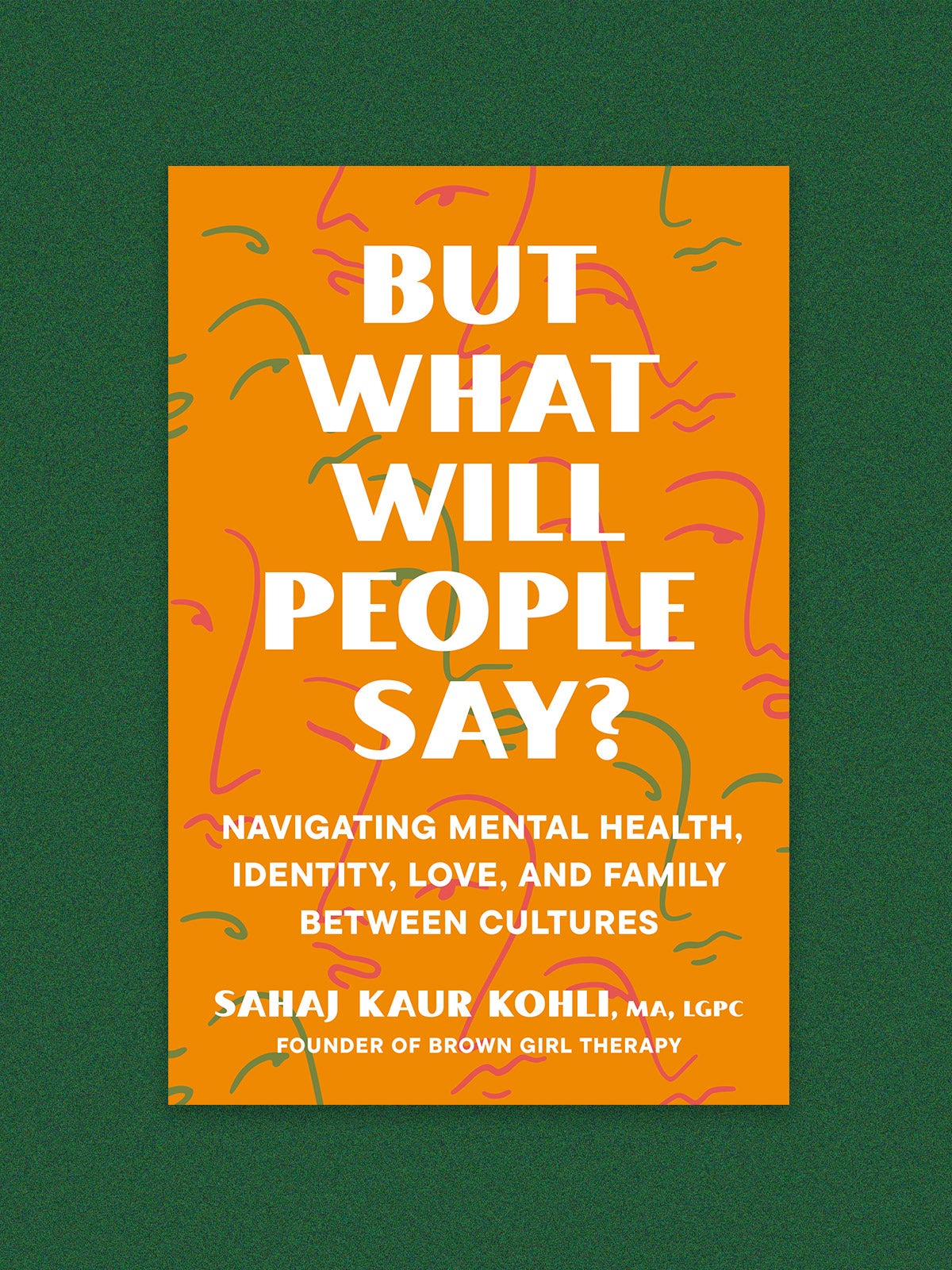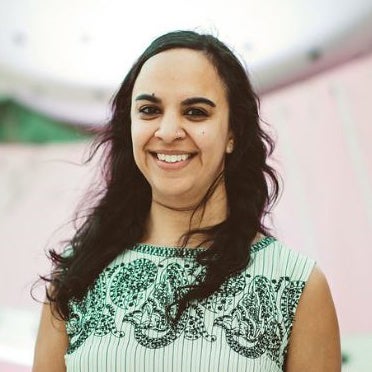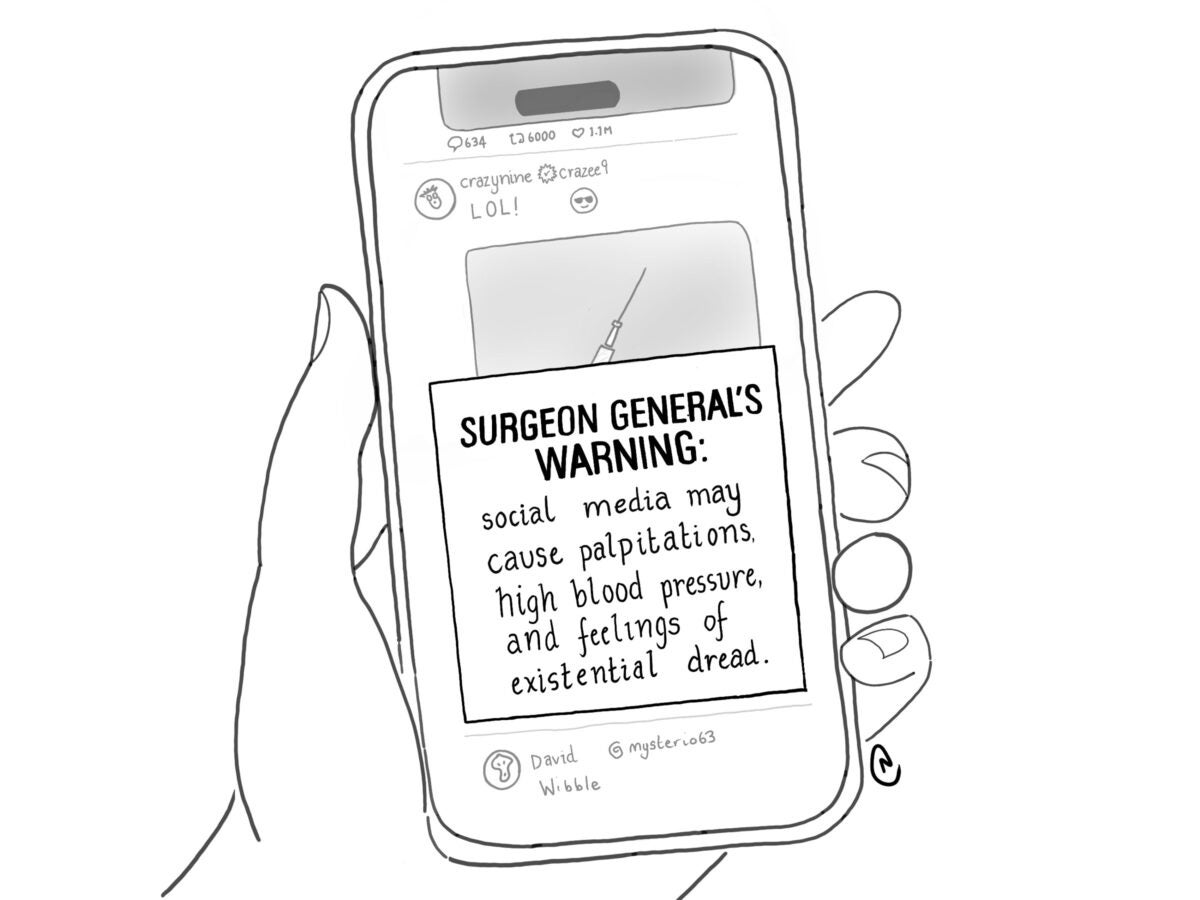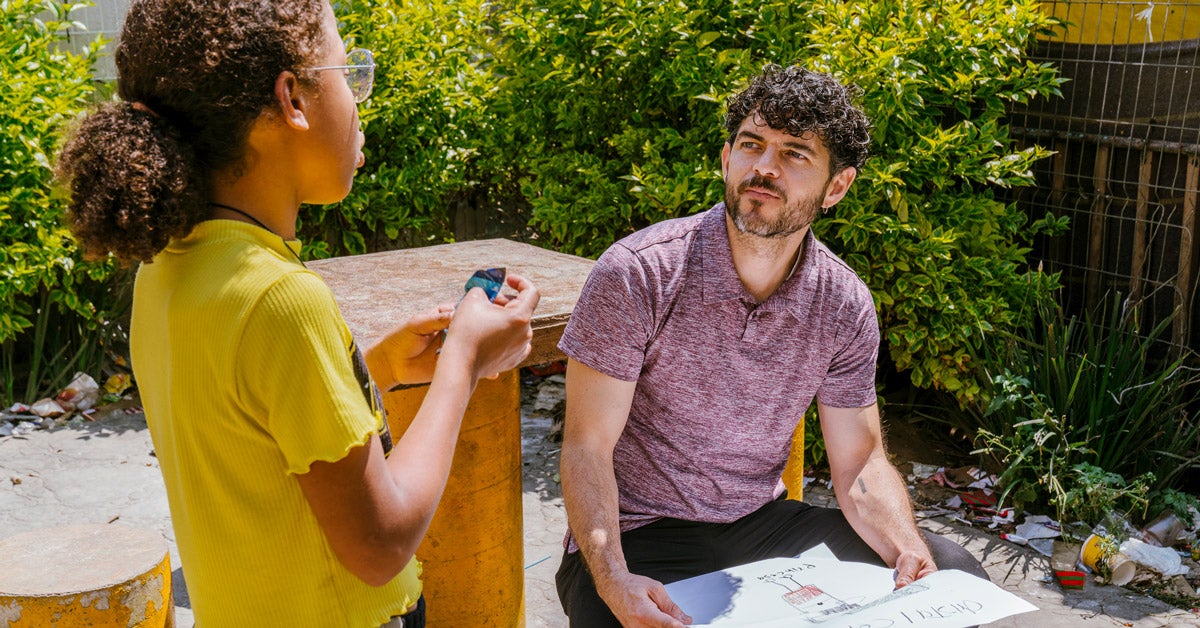
People
Why don’t we talk more about how culture affects mental health?
When Sahaj Kaur Kohli was a preteen, she began devouring self-help and personal development books, starting with the “Chicken Soup for the Soul” series. As the first person in her South Asian family to be born in the United States, she was looking in part for guidance on how to navigate growing up in multiple cultures, with their different norms, expectations, and values.
The books were useful in some ways, but they were written from a Western individualist perspective, usually by White authors. They didn’t reflect ways of thinking in more community-oriented cultures like hers at home.
Mental health care has gotten more diverse since then, but more than 80 percent of the U.S. psychology workforce is White, as are almost 76 percent of mental health counselors. And yet the U.S. is the top destination for international migrants. One in four U.S. children are part of immigrant families, and they can experience higher rates of mental illness and unique cultural and racial challenges—which is also true for people of color in general. At the same time, many are less likely than their White counterparts to seek or receive mental health care.
In 2019, Kohli started Brown Girl Therapy, an Instagram effort that has grown into a substantial mental health community for children of immigrants, to help bridge this gap. Her recent book, But What Will People Say?, builds on this work, weaving her personal story with tips, exercises, research, and polls from her online community. She spoke with Juhie Bhatia for Harvard Public Health.
HPH: What motivated you to write this book?
Kohli: I’ve been through a lot of life experiences, struggling with my mental health, going to therapy, talking about therapy, then becoming a therapist. It became more and more apparent to me that we were not infusing culture into these mental health and mainstream wellness conversations. Even today, culture is missing from a lot of these conversations around self-care, around boundaries, around people-pleasing, around family dynamics. We don’t talk about how culture impacts the way we think about mental health, our relationships, and our wellness. So much of my work and the purpose of this book is to add those contextual layers to the conversation and to encourage people to interrogate their assumptions about what it means to be well, because wellness doesn’t look the same for everyone.
Sign up for Harvard Public Health
Delivered to your inbox weekly.
HPH: You talk about the lack of diversity in mental health care and how traditional models are largely Eurocentric and individualistic. What are the consequences of that for children of immigrants and communities of color?
Kohli: On a micro level, it leads people to feel unseen, unheard. They’re not getting the care they need or deserve. They have struggles and issues that are left unresolved or unhealed that only lead to more intergenerational issues, things that are passed down. From a macro lens, we are perpetuating stereotypes and the very stigmas harming these populations. What happens is a lot of Western-trained clinicians who aren’t questioning their training or interrogating their biases start to pathologize culture as something bad. Cultural norms we are raised with in collectivist households are then seen as negative or harmful or dysfunctional, when that’s not the case. If our therapists, if our providers, aren’t culturally sensitive—aren’t willing to address their biases or assumptions about wellness—then they will be causing harm.
HPH: Research suggests patients from racialized minorities tend to fare better with doctors of the same race and ethnicity. And some studies show patients prefer mental health workers who share their background. How does all this bear out in your experience?
Kohli: What I have found [in my own practice] is the number one indicator of success is a client’s comfort level with their clinician . . . because people feel more comfortable with people who look like themselves, they might get better care from that person. [But] a clinician should be culturally sensitive no matter where they come from. We shouldn’t feel like we have to see someone who looks like us to get the care we deserve. So many people have had or heard about negative experiences, so they have come to that conclusion.
HPH: What needs to be done to ensure we have more inclusive mental health care?
Kohli: There are so many things that need to change systemically for us to produce [more] clinicians who care. Becoming a therapist requires a lot of privilege. Programs are really expensive, and then a therapist comes out of these programs, and they are really underpaid and expected to do a lot of free labor [and] unpaid internships. Then, it’s the academic training. We need more clinicians of color to become professors. We need to see that representation in our teaching and education. Even our courses need to focus on multiculturalism. A lot of therapy programs only have one multicultural course you’re required to take.
Children of immigrants and immigrants are such a fast-growing population. How are we still learning in such a narrow way when that doesn’t represent our country anymore? Everything has to evolve, and mental health is no different.
HPH: You founded Brown Girl Therapy on Instagram. What role can social media play in this work?
Kohli: Part of being a clinician for me is doing advocacy. A part of that advocacy work is democratizing mental health, and social media can be such a great tool for that. Social media is not a replacement for therapy. It really requires us, meaning clinicians and anyone who’s a provider, to be mindful of what we’re sharing, how we’re sharing it, how factual it is. [But] it allows for access to knowledge, to education, to breaking these myths, to cultural community, to all these things that can be really healing. So many more people are now having these conversations on social media and that is changing the way our communities are thinking about mental health.
HPH: What else has changed since Brown Girl Therapy launched?
Kohli: When I started Brown Girl Therapy, nothing like it existed. Now there are so many people having this conversation, and not just for children of immigrants, but for any marginalized community. There are so many more Instagram accounts, businesses, and brands representing people in their most granular identities.
I don’t think it’s changed [yet], but it’s slowly changing. I’m seeing [changes] in these micro ways in the work I do. I would love to see the macro changes happen too.
Book cover: Penguin Life



